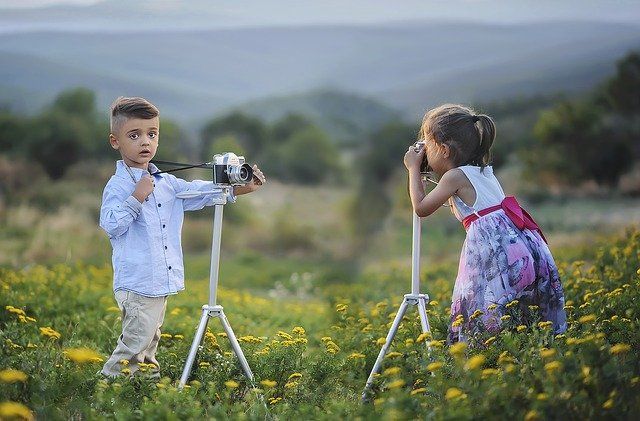Pablo Picasso once said, “All children are born artists, the problem is to remain an artist as we grow up.” Most education models, however, remain oblivious to the importance of feeding a child’s creativity and imagination as they focus primarily on rote learning.
Rajesh Bhatia, whose chain of virtual play schools, TreeHouse Education makes use of social-dramatic play modules to tide over pandemic blues, insists that interactive and creative methodologies must be incorporated even offline to enrich education. They could well be incorporated into CSR programmes for education and childhood development. Says Bhatia, “During the toughest days of the pandemic, creating interactive modules to engage children was important for us. This was for them to not feel isolated from peers and teachers, to express their feelings, to celebrate special occasions, to learn difficult concepts easily, and to embody their favourite characters. This was a window that allowed them to express themselves fully when all doors seemed to be closed.”
Now with schools reopening, he says, this element should not be discarded but incorporated in traditional, offline education too. “Dramatic play allows children to be more than just passive receivers of learning. They feel empowered because they are contributing movement, action, voice and ideas that are uniquely theirs. They feel included, they feel confident and this has a huge positive impact on their personalities. They feel closer to peers and teachers and socialisation also becomes seamless when it becomes a part of learning,” says he.
Bhati believes, children have a superpower called ‘imagination’ and yet it is something that our education modules do not explore enough. “The inner world of children holds the key to how their outer behaviour will be and it is very important to tap into this side of their personalities instead of keeping them restricted to tables and chairs for most of their student years. Pretend play, be it structured or unstructured, frees them psychologically and vastly improves emotional and cognitive learning, as they deal with real-world situations and play different characters,” says Rajesh. As children engage in pretend play, they also subliminally learn self-regulation, conflict resolution and compromise.
“They begin to see many different aspects of a situation as observers and participants and this helps them to be increasingly open-minded as they grow. Also learning simple things like how to shop, cross the road, ask for help in a crisis, be kind to animals, help the aged, prepares them for the real world,’’ says Bhatia.
Educators implementing CSR programmes in government schools can take note of these skills. Parents too can do similar activities at home with simple props during special occasions or even during family time to enhance bonding, create memories and teach their children important concepts without force and stress. Children absorb everything and if we create more joy than stress while teaching them, they will grow into happier adults.


